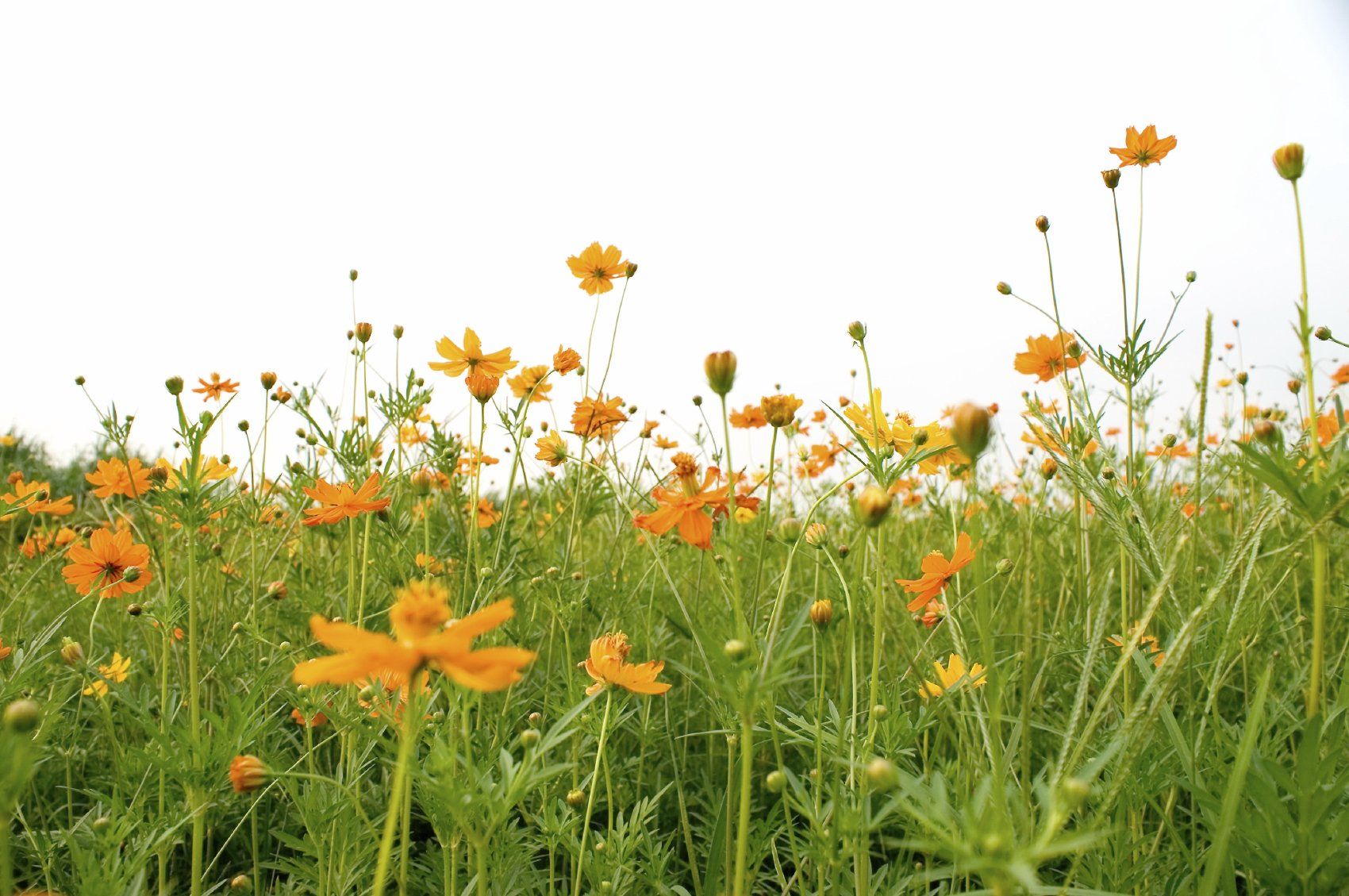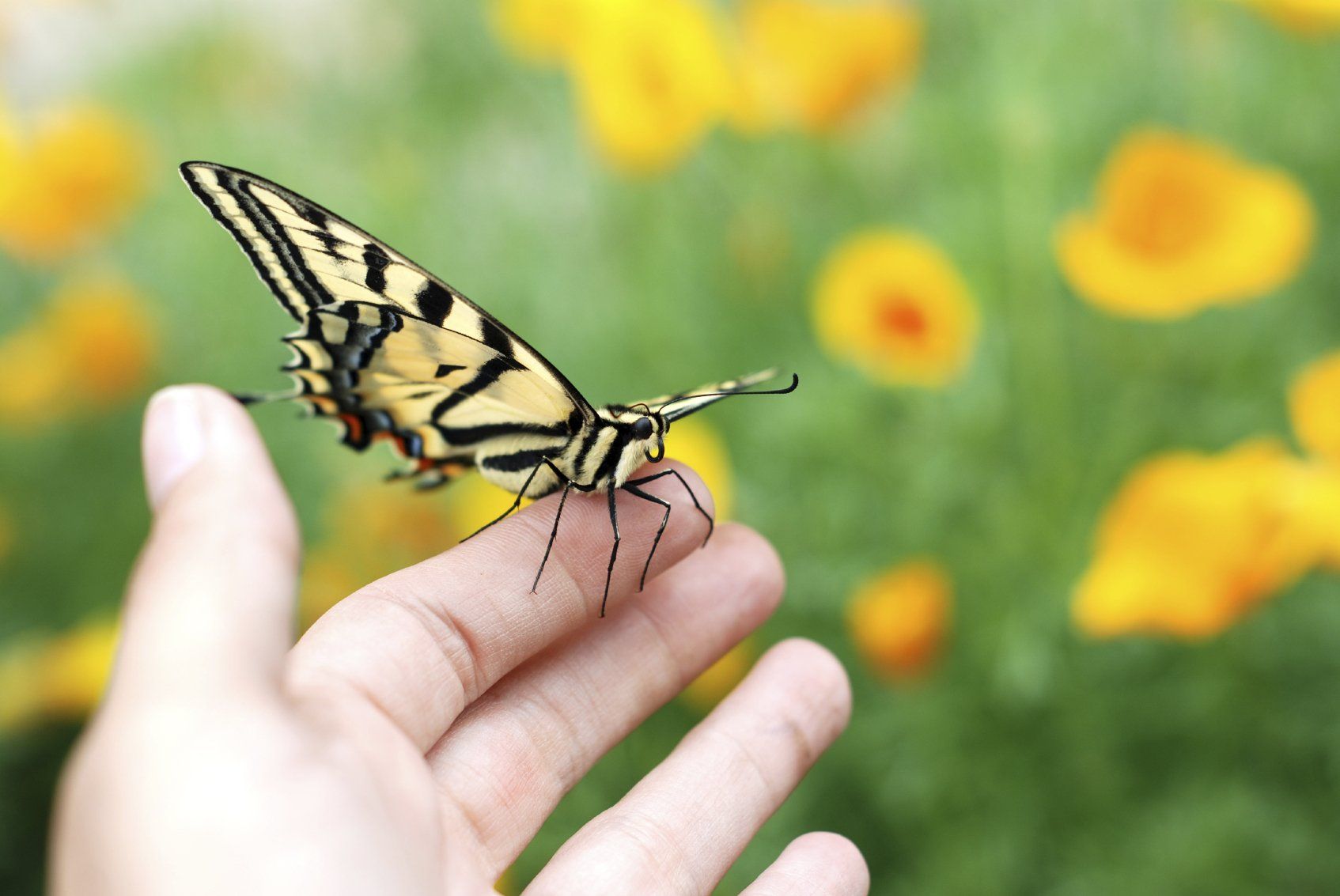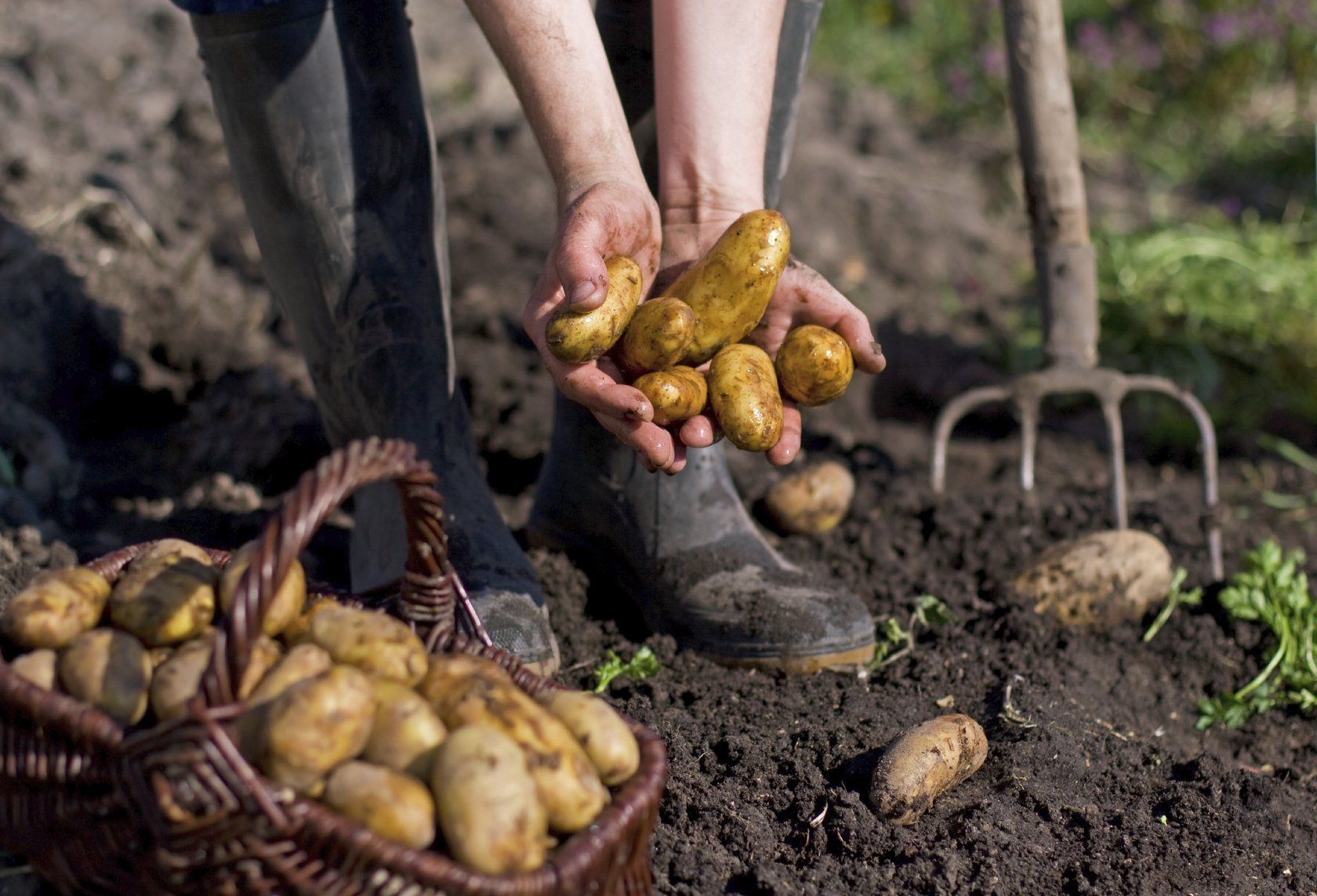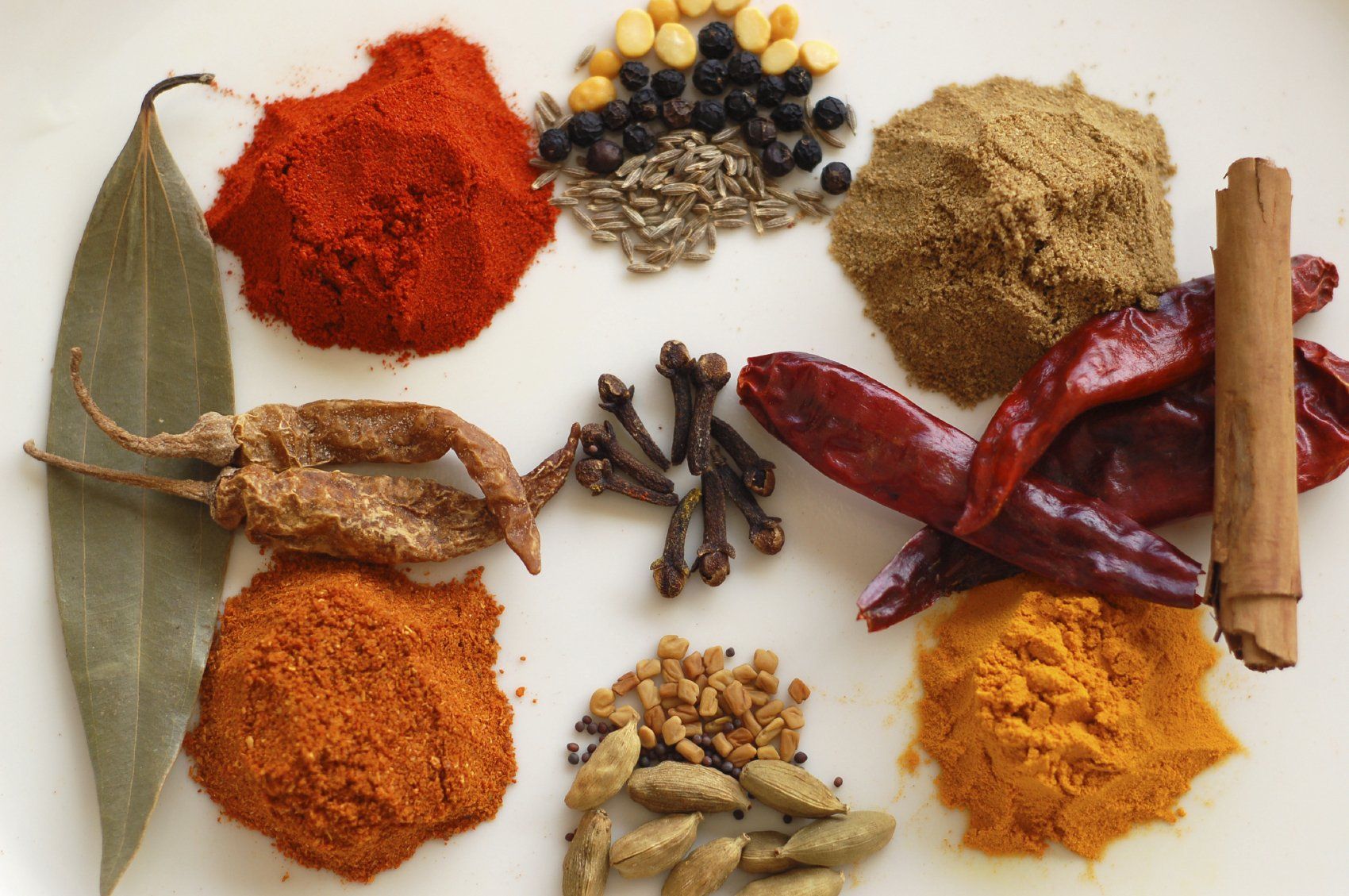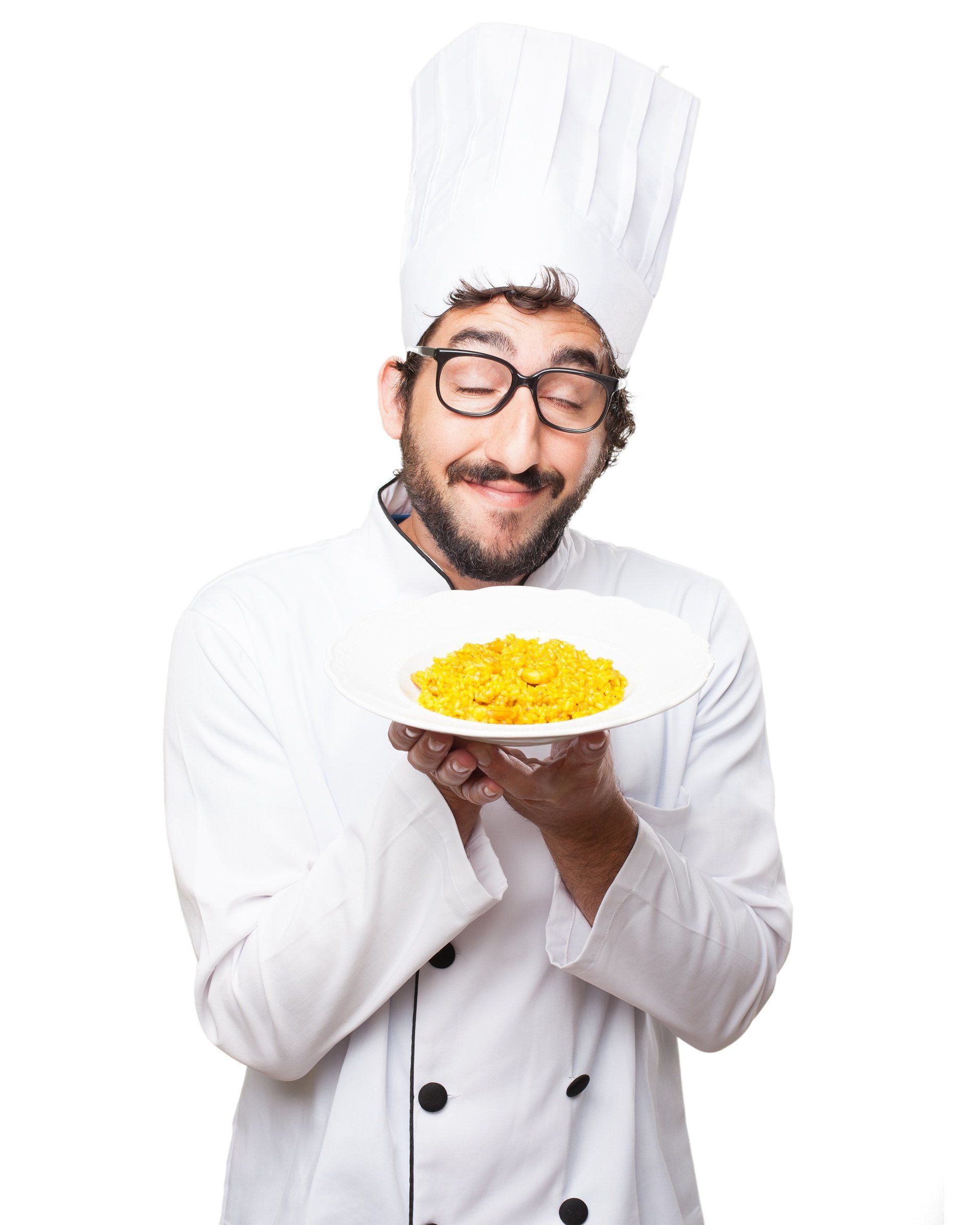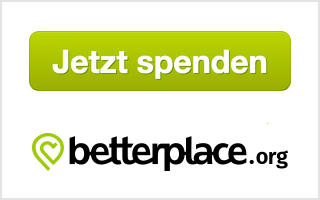With BambiGO! learn on the Traces of:
1st lane 🔬: Viruses 🦠& bacteria 💊
All content on the topic Clean hooves 🧼 at a glance
Why do we actually get sick? And what is it that actually makes us sick? We've all asked ourselves these questions many times. But especially now, during the coronavirus pandemic, knowledge about viruses, bacteria, and health is more important than ever. With the "Clean Hooves" project, the Planet Bambi Foundation aims to provide an interactive platform to make this knowledge accessible to children, students, and young people in a playful and, above all, interesting way. The Clean Hooves program explains what bacteria and viruses actually look like, how big these "disease-causing agents" are, and how we actually get sick. It also takes a closer look at the coronavirus in particular and shows how well-known protective measures (the "AHA" rules) can help us. What we've learned can then be tested via an interactive quiz, and our team can, of course, also be contacted with any questions.
1️⃣
Microbiology
2️⃣
Symbiose
3️⃣
Illness
4️⃣
Hygiene
5️⃣ Special corona
2nd lane 🦋: Wildflowers🌾 & insects 🐞
All content about the campaign flower meadow 🌻 at a glance:
A rule of thumb in ecology is: the more species-rich an ecosystem is, the more stable it is. If many species live in a habitat and utilize and promote its resources, it is less tragic if one species disappears from the system for any reason.The diversity of plants and insects strengthens nature and gives us a healthy living environment.
In this project we want to show that if we preserve the biodiversity of plants, insects and habitats in the form of a healthy lpreserve the landscape, us Last but not least, we are doing ourselves a favor.
The implementation the declared contents in eggnthe flower meadow is dthe development of this project bring to completion.
3rd lane ?🍽: Vitamins 🍒 & Nutrients 🥙
All content about the campaign cooking competition ?🥗 at a glance:
The United Nations has declared 2021 the International Year of Fruits and Vegetables. The decision was made following a proposal by the Food and Agriculture Organization of the United Nations (FAO).
The theme year is intended to raise awareness around the globe of the important role of fruit and vegetables
- for human nutrition,
- food security and health, and
- for achieving the UN Sustainable Development Goals.
Considering that an unhealthy diet contributes to a variety of common diseases, it becomes clear: nutritional education that emphasizes the value of fruit and vegetables as an important part of the daily diet is not only good for the individual; it is also important for society as a whole.








